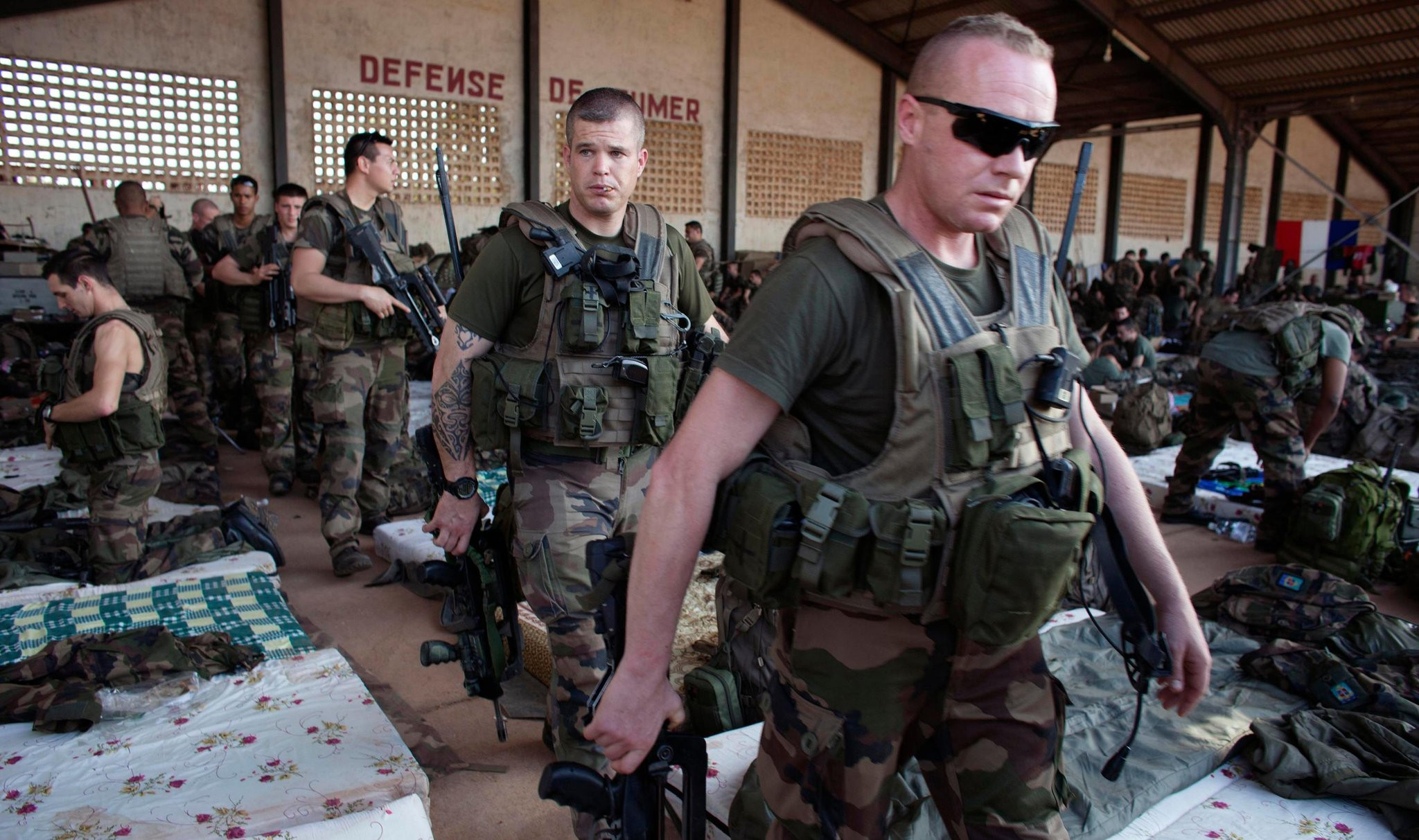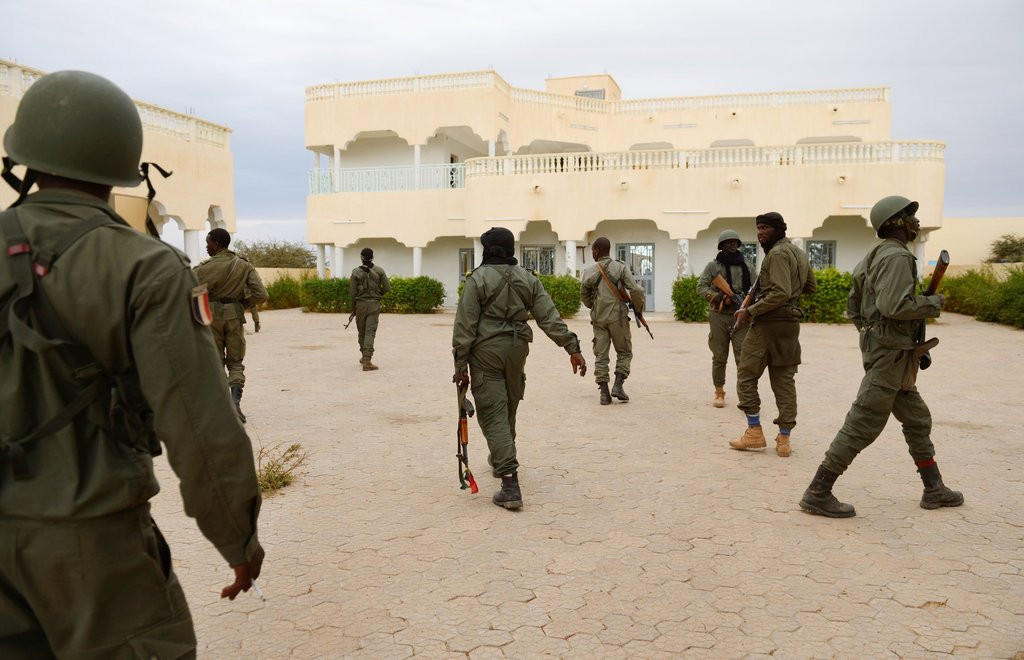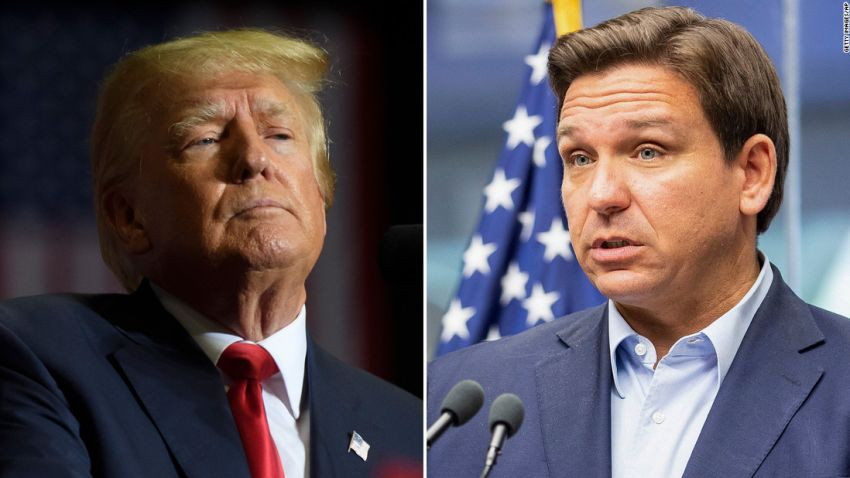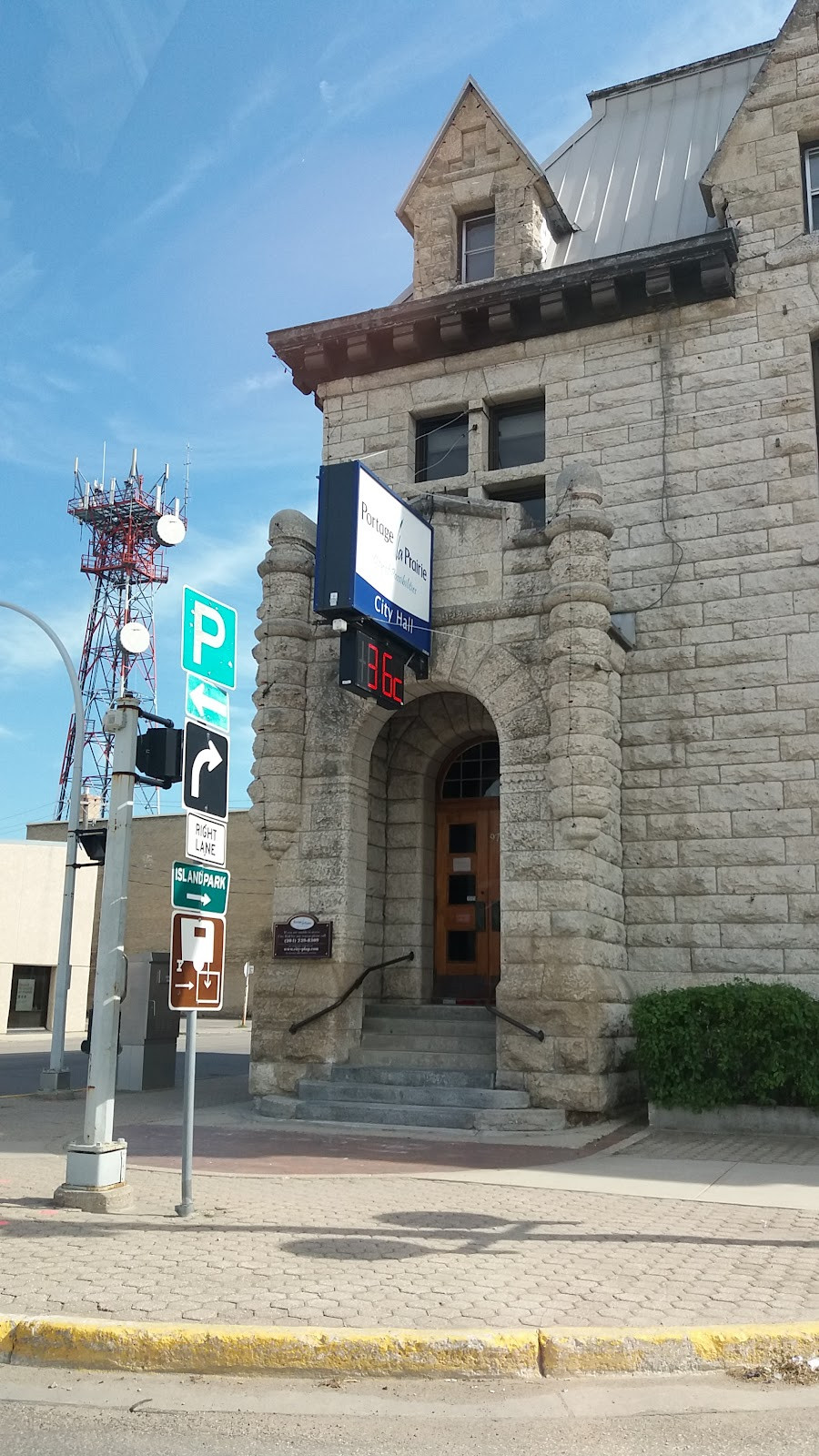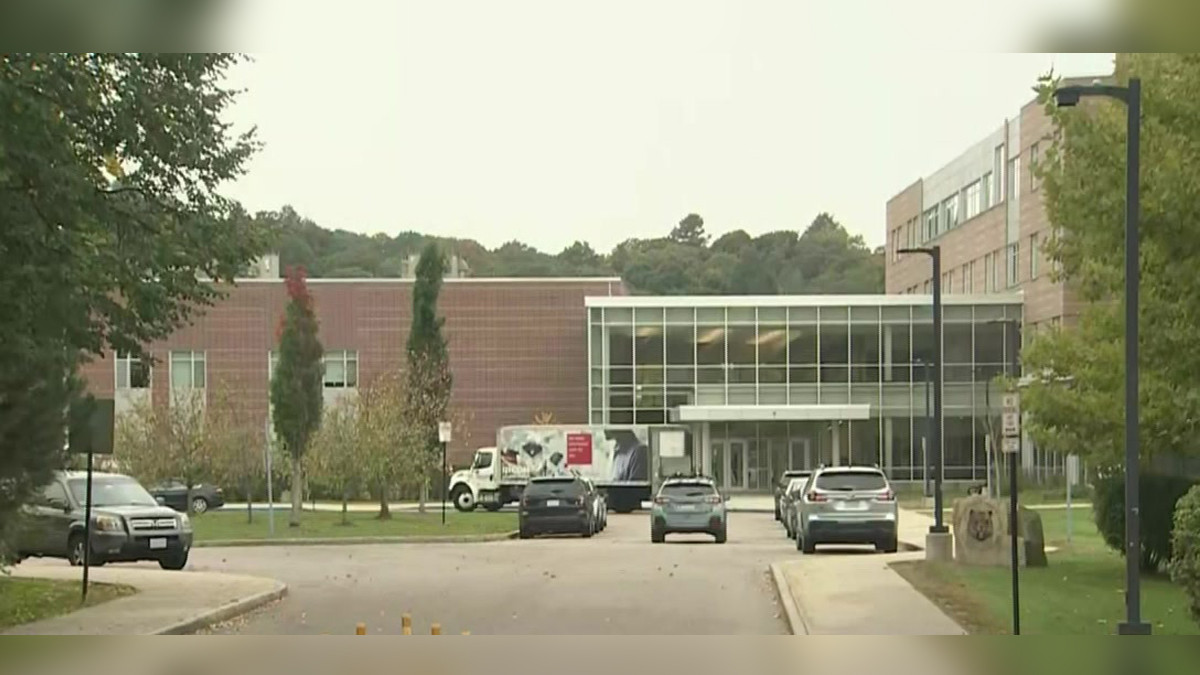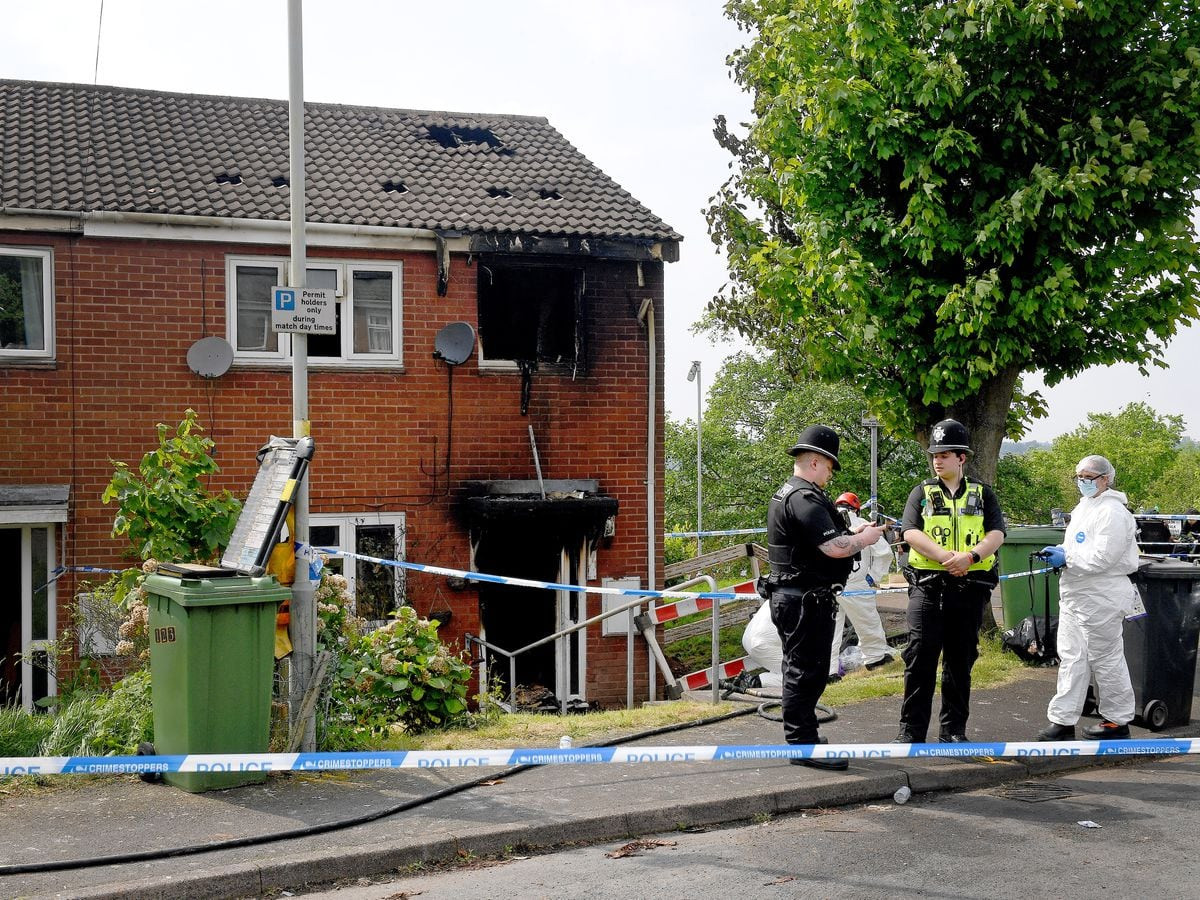An attack blamed on Al-Qaeda-linked jihadists in central Mali has killed at least 15 soldiers, three local officials told AFP on Friday, in the latest violence to hit the troubled region.
Mali has for more than a decade been ravaged by jihadists and other armed groups, with the centre of the West African country becoming a hotbed of violence since 2015.
The Latest Attack in Central Mali
“At least 15 Malian soldiers were killed on Thursday in an ambush by jihadists from the Group for the Support of Islam and Muslims,” an elected official from the central Mopti region told AFP, requesting anonymity due to security reasons.
The source added that there were also “missing and wounded soldiers”.
Another elected official confirmed the information, adding that the provisional toll included “14 members of the national guard and one gendarme”.
“Other soldiers are missing, and army equipment was taken away by the assailants,” the source added.
Location and Details of the Attack
A separate local authority official said the attack occurred five kilometres (three miles) from the village of Diallassagou, adding that “there are more than 10 wounded and more than 15 dead in the Malian army”.
All spoke on the condition of anonymity for security reasons.
Contacted by AFP by telephone, a Malian military source in the regional capital Mopti said: “if you say that we have lost 15 people, you should know that the terrorists have lost more people,” employing a term often used to describe the jihadists.
The Ongoing Instability in Mali
Mali has since 2012 been plagued by different factions affiliated to Al-Qaeda and the Islamic State group, as well as by self-declared self-defence forces and bandits.
At the end of July, the army and the Russian mercenary group Wagner suffered one of their biggest setbacks in years in northern Mali, picking up heavy losses at the hands of separatist rebels and jihadists.
In three days of intense fighting, Tuareg-led separatists said they had killed 84 Wagner fighters and 47 Malian soldiers.
Under Colonel Assimi Goita, the junta broke off its traditional alliance with former colonial ruler France and has turned towards Russia.
A Turning Point in Mali’s Relationship with Russia
The recent events underscore the deepening involvement of Russia in Mali. The Malian government’s reliance on the Wagner Group has been met with increasing concern from Western powers. This reliance has also strained relations with France, Mali’s former colonial power, which had been actively involved in counter-terrorism operations in the country.
The recent defeats suffered by the Malian army and Wagner forces against separatists and jihadists highlight the complex and dangerous security situation in Mali. The country’s future remains uncertain, with the ongoing violence and the growing influence of Russia casting a shadow over its stability.
A Bleak Future for Mali?
The situation in Mali is a stark reminder of the challenges facing the Sahel region, where jihadist groups have exploited weak governance and ethnic tensions to gain ground. The international community must work together to support the region’s struggling governments, promote inclusive governance, and address the root causes of instability. Failure to do so will only exacerbate the violence and suffering in the region, with devastating consequences for the people of Mali and the wider Sahel.




